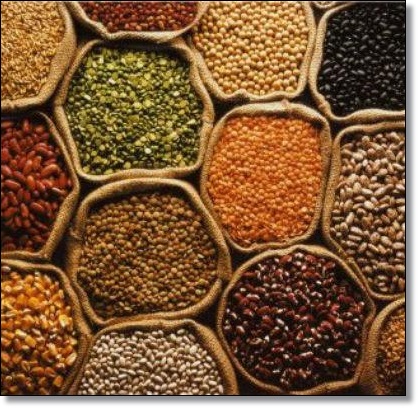Africa Grain Trade Needs Traction
 |
We are assisting to a real transformation from subsistence agriculture to commercial agriculture. However the trading system in agriculture commodities has not been transformed at the same speed to achieve the expected total benefits for the farmers. Due to poor post-harvest infrastructure and technologies, farmers continue to incur huge losses of their production which can go above 20 %.
The trading value chain of agriculture commodities is still dominated by a network of middle men who cost the big share of the market value of the agriculture commodities. The market of agriculture products is still characterized by very high price volatility at such point when in case of bumper harvest; the farmer’s price can go below the production cost. In addition, and looking at our region, cross border trade in grain remains very minimum and still dominated by informal transaction.
It is within the above background that we welcome the great initiative by the EAGC to advocate for a holistic transformation of the grain trading system in Africa. The 6th African Grain Trade summit provides an opportunity to review our commitment to address the structural constraints of the grain trade on the African continent. This event provides an important opportunity for stakeholders within the grain sector to discuss the challenges and opportunities, as well as respective responsibilities, to effectively and efficiently structure the grain trading systems on the African continent to achieve sustainable development as a whole.
I call upon all of us to create synergies and work together to create an effective partnership between the public and private sector to modernize the grain trading commodity value chain and to boost the intra-African grain trade.
By Hon François Kanimba,
Minister of Trade and Industry, Republic of Rwanda
